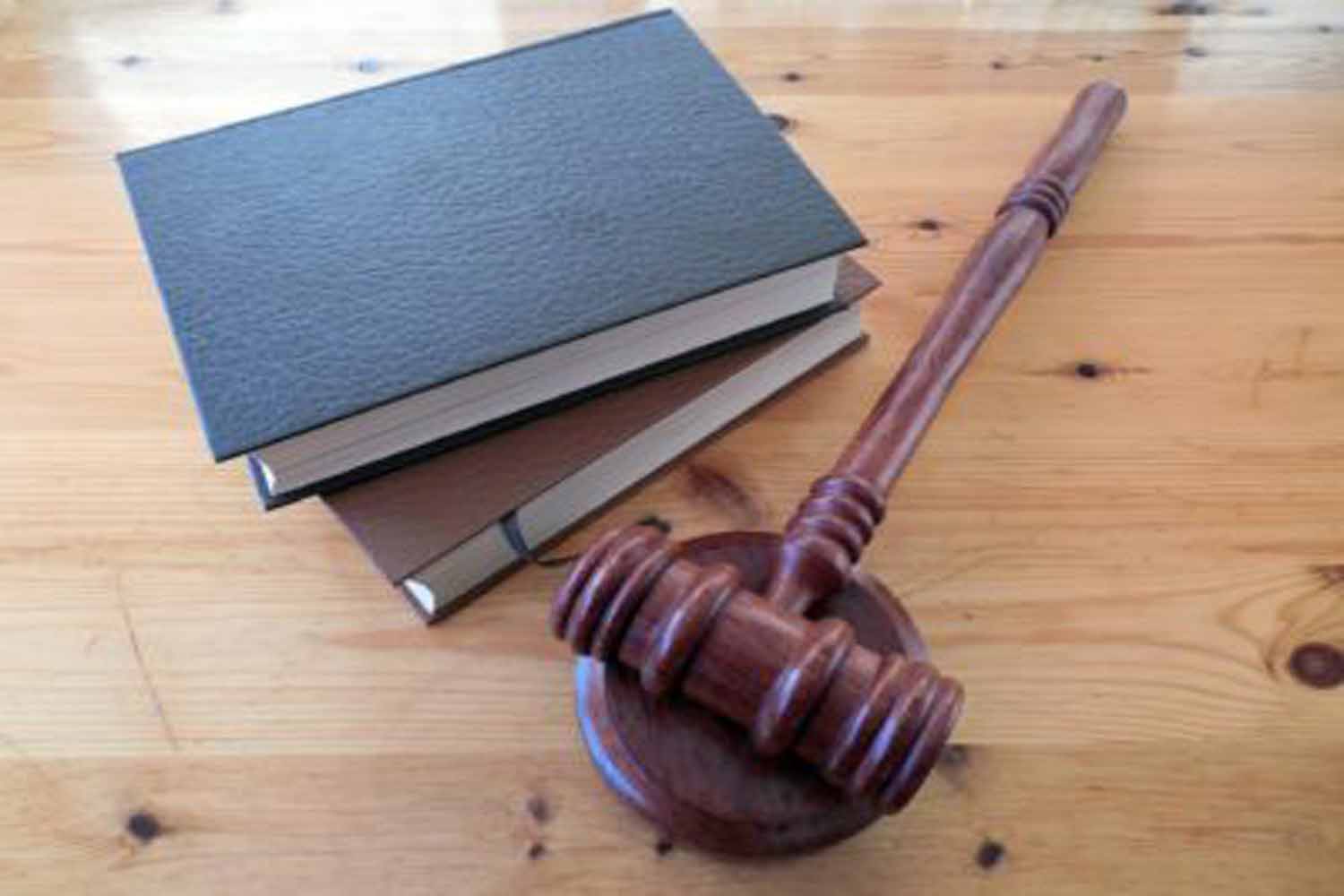

Settlement in big ticket litigation is extremely common. Nationally, about 95% of civil cases settle before going to trial. There are a number of benefits of settling a case, including eliminating the uncertainty of a result presented by trial on the merits, the expense of litigation, and preservation of resources […]










